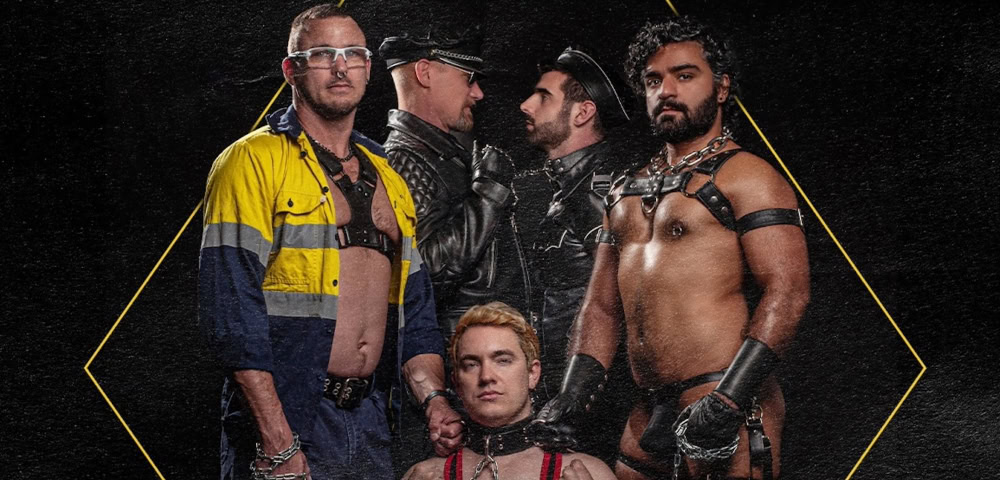
Stiletto Surgery: Frontline Volunteering at Mardi Gras

What does it take to be a medical volunteer at Mardi Gras? At minimum, an advanced first-aid certificate. Additional desirable skills include medical or nursing qualifications, stamina, patience, intuition, resourcefulness, sewing and craft knowledge, and a sense of humour.
Alan O’Riordan of NSW Ambulance has all of the above and more. The Parade Medical Coordinator and Mardi Gras Medical Committee member has volunteered every year since moving here from Ireland 14 years ago.
“I think it’s the fun, the camaraderie, and what we’re doing for the community, and being part of that community spirit,” says O’Riordan.
First Aid Training and Social Skills
Volunteers have varying qualifications: consultants, interns, registrars, specialist and enrolled nurses, paramedics, first aiders, and occasionally, physiotherapists and social workers.
They all require first aid training at a minimum, but there are other less tangible requisites.
“Can you chat with someone, can you socially engage with someone? Can you have fun on the night? Those other skills are vitally important,” says O’Riordan.
And you may need to be resourceful beyond any medical training you’ve had.
“I remember using all my first aid equipment to put stilettos back on for one of the drag queens,” laughs O’Riordan.
Another time, someone was coming out for the first time and was completely overwhelmed.
“Nothing wrong with them medically. They just needed a hug.”
Costume Malfunctions
Every year, after the parade and party, Mardi Gras gathers feedback on the types of injuries treated by medical volunteers. There is even a section on the feedback form for “Costume Malfunctions.”
“This seems to take up nearly 50% of our workload!” says O’Riordan, “from blisters to ladders in tights, and other costume repairs.
“Running make-up that has to be re-applied; tying bras back together with suture equipment – that is quite a regular thing for the medical person,” says O’Riordan. “It’s not like working in a hospital where you’re doing a medical procedure. Some of our work is a social procedure.”
Last year a rigorous COVID plan allowed the Mardi Gras parade to be the first major event in the Southern Hemisphere to proceed.
This year, at this point, the numbers are down for medical volunteers. It’s tricky because many workers don’t know their rosters yet, but O’Riordan believes there may be COVID-related reasons too.
It may also be sheer exhaustion. Frontline workers have had two very frantic, relentless years that aren’t letting up. For any of them to volunteer their time seems almost incomprehensible – and yet, volunteer they do. Repeatedly.
Please thank a frontline worker next time you see one.
And if you have medical skills or want to volunteer in another capacity, click here.
“You will be safe, you’ll have a good day, and it’ll be good fun for all,” says O’Riordan.









